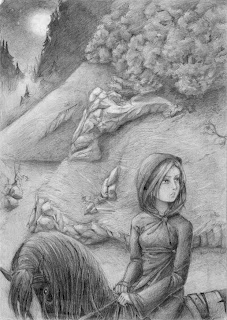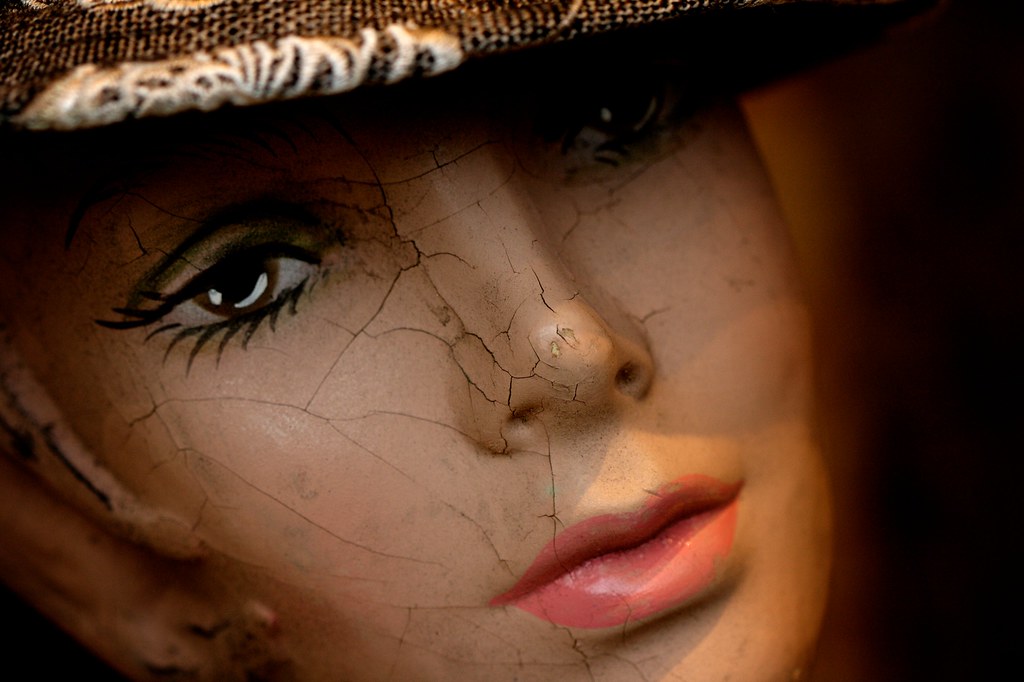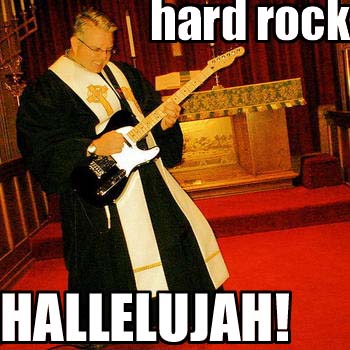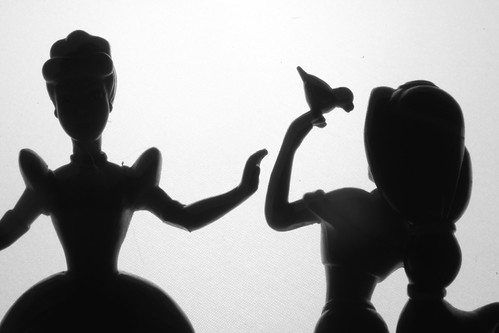 |
| I can't remember the artist for this... |
An excerpt from "The Mark of Flight", book one of The Markmasters Trilogy.
Tashda had betrayed her.
It was like being lifted from a drug-induced gaiety and suddenly dropped back into consciousness. The ethereal brightness of the world faded into simple moonlight, life became less beautiful, and Arianna was suddenly, rudely aware of her mistake. Her terrible, irresponsible, thoughtless mistake. These were no queen’s hands, she thought, opening her fists and staring at them in horror. These were the hands of a fool.
Bay grabbed her shoulders, wrenching her away from the door. “Come, my lady. There is no time. Tashda will have noticed this spell break, and I’m not sure how much time I can give you. Shiro!”
Arianna looked up, remembering for the first time the black-haired young man who had come in with Bay. The Mage thrust her towards him, and she recoiled from his obvious filth. No, she couldn’t think like that. She was worse than him now. She was a war-starter, for her mistake would surely be the catalyst for a fresh wave of fighting.
“Shiro, take her and get out. Take the Grays.”
“What about you?” Arianna asked, head snapping over to look at him. “You don’t expect me to get home with just-”
“There’s no choice, princess!” Bay snapped, turning to the casement and shoving it open. “Go now!” he yelled, swinging his arm toward the window. The young man flinched, as if bracing himself for Bay to hit him. Arianna, leaned her head out the window. There was a single story drop to the ground, but in the evening darkness, she could see nothing soft to fall on. The sound of footsteps in the big hallway made up her mind.
“Let’s go!” she said. “We’ll have to jump.”
“Shiro, now!” Bay said, grabbing Arianna’s arm. The young man stooped so she could fling her arm around his shoulders, and she heaved her legs over the sill. Arianna’s back scraped against the casement as the two men lowered her out, and she was glad for the years and years of daring herself to look straight down over the castle Rizell’s curtain wall. Her arms slid through their hands, and they caught her wrists with a jolt. Her feet dangled a meter above the ground, and they let go.
She gave a truncated cry and crumpled under her own weight, but it took only a second for the fighting blood to kick in, and she scrambled out of the way. Her feet stung, but she tore off toward the stable ahead, wet grass lashing her ankles. A thump behind her signaled the young man’s landing. He passed her on his long legs, flung the stable doors wide, and darted inside, Arianna right behind him.
To her shock, the horses stood outfitted and ready. The young man—Shiro—laced his fingers and Arianna stepped into them and tossed herself across the saddle. She struggled with her skirts for a moment before she was able to get her legs situated properly.
He handed her the reins and stepped back, turning his head from side to side. Through his nest of pitch black hair, she couldn’t see his eyes.
“Hurry up, get on the other horse,” she said, words pierced with sharp gasps. Her throat and chest burned from the run.
“I d-don’t know how to ride,” he breathed. “You have to go now. They don’t know I’m w-with you and you’ll be faster w-without me!”
Arianna stared at him. She imagined herself tearing through the wilderness, unable to discern direction, with a whole company of Markmasters in pursuit.
“Nonsense,” she hissed. “I can’t do this myself,” she loathed her next sentence, though it rang truly inside her own ears as she spoke. “I don’t know what I’m doing.”
Though he grimaced and rubbed the back of his neck with one big, filthy hand, he nodded.
She nudged Star toward him. “You’ll have to ride behind me.”
The young man’s posture stiffened, but Arianna wasn’t about to give him a second to protest. They had wasted enough time as it was. They’d have to leave her mother’s horse and hope that either that Bay man made it out alive, or that they could outwit or outride a single Markmaster.
“Come, we haven’t got time to argue!” Her voice trembled, but he jumped at the order as if she had shouted it, vaulting nimbly up behind the saddle. Arianna was, for once, glad of her slight weight, for though the young man was little more than skin and sinew, he was quite tall. She wondered what region he was from, to have such long bones and such strange coloring. Star didn’t like the extra weight, and let Arianna know with laid back ears and a rueful glare, but Arianna spat out a few commands in Danaian and they erupted from the stable.
It became obvious almost immediately that Shiro’s claims about his equestrian abilities were not the product of modesty. Arianna’s legs strained as she pressed her feet hard into the stirrups, struggling to keep balance for two as Shiro slung about uncontrollably behind her. Star—confused by the accidental leg signals—snorted and jerked at the reins.
Finally, Arianna managed to get the mare following the reins alone, and wheeled her around toward the road. They hurtled down the little path, turned, and burst into the open darkness of the road.
Ahead, she saw the festival pole, silhouetted against the boiling, cloudy sky, and a pair of figures running straight towards them, blond heads bright. She gasped, gaze shifting, and saw their smooth auras swelling with energy, spells sparkling at the ends of their outstretched hands. She pulled Star’s reins hard, and Shiro fetched up against her back, chin cracking against the back of her head. She grunted, but ignored the pain, wheeling the mare and digging in her heels. They catapulted up the faded road towards the ruined castle in a wild four-beat sprint. Shiro’s arms crushed her ribs, and if she had been inclined to breathe at all, it wouldn’t have been possible.
They pounded up towards the ruins, and a plume of flame snapped out on their left, flaring hot. Arianna screamed, and Star bolted right, heading straight for the steep edge of the motte. Ropes of blue, translucent Magic ribboned out at the edge of her vision, chasing them.
They couldn’t stop—they would have to go over the edge of the motte.
“Hold on!” she screamed, and drove Star with her heels over the edge. Blue Magic arched over their heads.
Everything slammed forward, and the pommel dug into Arianna’s gut. Shiro was heavy against her back, threatening to push her over Star’s low-bent neck as they slid down the steep hillside. The skirt of the motte flared below them, muddy, rocky, without purchase. Star wasn’t running, she was skidding down. Just when Arianna’s hands slipped on the mare’s withers and she pitched forward, Shiro’s arm tightened about her waist and he reversed direction, pulling her back. He had a bit more stability behind the saddle, and he had somehow managed to get his feet in the stirrups with hers.
They lurched, Star leapt the last few lengths of the motte, and Arianna barely righted herself before the mare crashed into the ocean of tall, golden wheat.
“The road!” she yelled, and Shiro pointed, but his feet jerked from the stirrups and he quickly had his wiry arms around her waist again, head bent down into her shoulder. They tore a wide path through the field, galloping for the hulking, broken structures concealing the road.
Another tail of flame arced over them and splattered like burning grease in the wheat ahead. Star reared, and this time Arianna’s fingers tangled in the horse’s mane. Shiro somehow managed to stay on, and as soon as the mare’s hooves touched down, she took off, skirting the spreading flame and churning a path through the pale wheat.
There was a roar of thunder from above, and a great rush of wind blasted their backs, bringing a spatter of sparks from the quick spreading flame. Star moved in great leaps, and Arianna realized with a sick trill of fear that the flame was being pushed up around them by Magic. Desperate, she dug at Star, leaning forward, though she knew the mare could go no faster.
Then the sky opened up. First a few drops, then a torrent pelted down over them like shattering glass, battling with the flame. They leapt between buildings and Star pivoted, slinging her riders sideways as she found the road, and hurtled into the tunnel of trees. In the sheet of sudden rain, the gray horse and riders became invisible.












